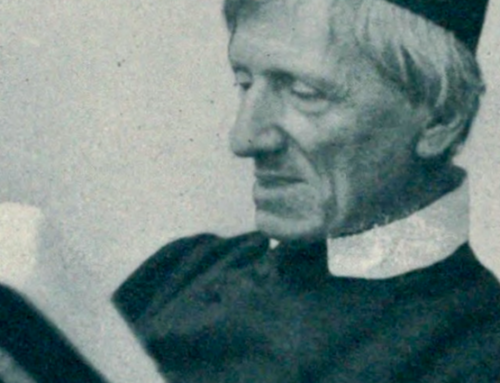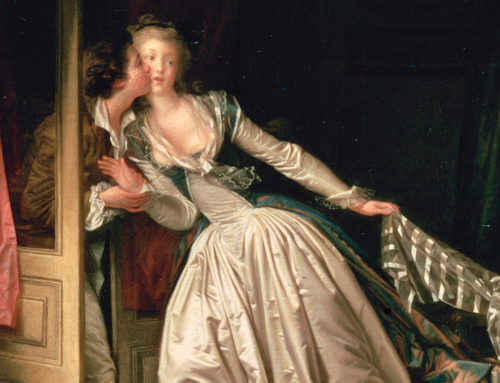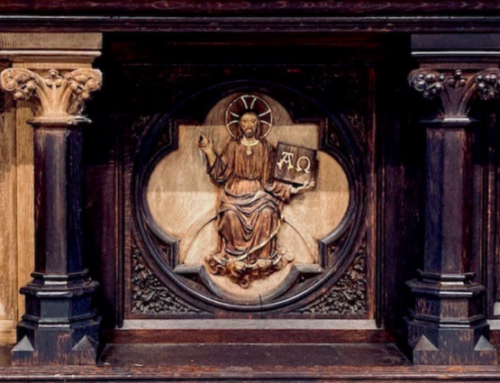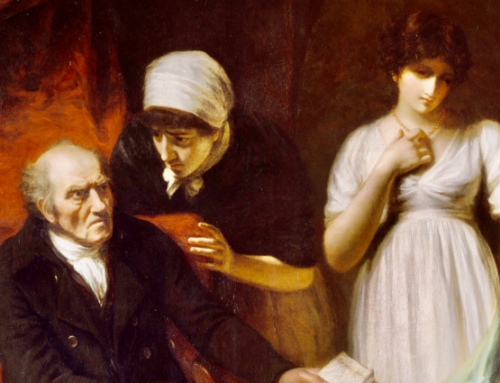 The end of September brings us to the feast of St. Michael and All Angels which is known as Michaelmas in England, and this first autumn term in many schools and universities is still called the Michaelmas term. The Archangel Michael is traditionally thought of as the Captain of the Heavenly Host, and, following an image from the book of Revelation, is often shown standing on a dragon, an image of Satan subdued and bound by the strength of Heaven. He is also shown with a drawn sword, or a spear and a pair of scales or balances, for he represents, truth, discernment, the light and energy of intellect, to cut through tangles and confusion, to set us free to discern and choose. He is celebrated and revered in all three Monotheistic religions.
The end of September brings us to the feast of St. Michael and All Angels which is known as Michaelmas in England, and this first autumn term in many schools and universities is still called the Michaelmas term. The Archangel Michael is traditionally thought of as the Captain of the Heavenly Host, and, following an image from the book of Revelation, is often shown standing on a dragon, an image of Satan subdued and bound by the strength of Heaven. He is also shown with a drawn sword, or a spear and a pair of scales or balances, for he represents, truth, discernment, the light and energy of intellect, to cut through tangles and confusion, to set us free to discern and choose. He is celebrated and revered in all three Monotheistic religions.
This poem comes from my sequence from Sounding the Seasons, the collection of my sonnets for the church year, published by Canterbury Press, As always you can hear the poem by clicking on the title.
Michaelmas gales assail the waning year,
And Michael’s scale is true, his blade is bright.
He strips dead leaves; and leaves the living clear
To flourish in the touch and reach of light.
Archangel bring your balance, help me turn
Upon this turning world with you and dance
In the Great Dance. Draw near, help me discern,
And trace the hidden grace in change and chance.
Angel of fire, Love’s fierce radiance,
Drive through the deep until the steep waves part,
Undo the dragon’s sinuous influence
And pierce the clotted darkness in my heart.
Unchain the child you find there, break the spell
And overthrow the tyrannies of Hell.
Republished with gracious permission from Malcolm Guite’s website.
The Imaginative Conservative applies the principle of appreciation to the discussion of culture and politics—we approach dialogue with magnanimity rather than with mere civility. Will you help us remain a refreshing oasis in the increasingly contentious arena of modern discourse? Please consider donating now.
The featured image is “The Fall of the Rebel Angels” (1660 – 1665) by Luca Giordano, and is in the public domain, courtesy of Wikimedia Commons.







Leave A Comment